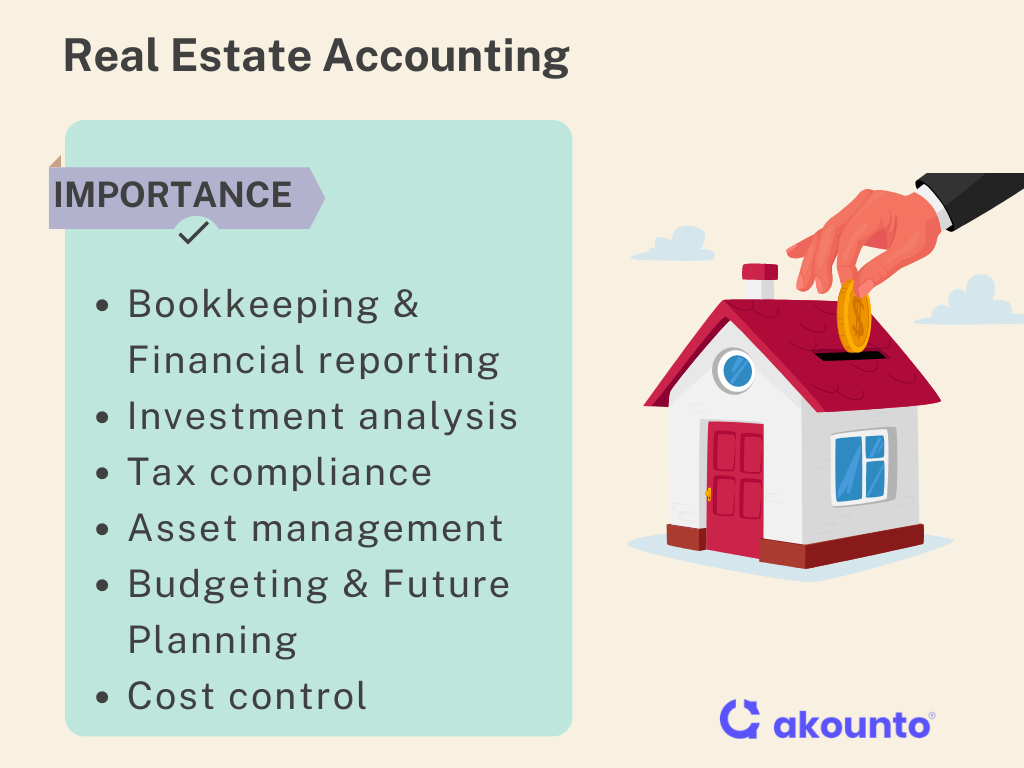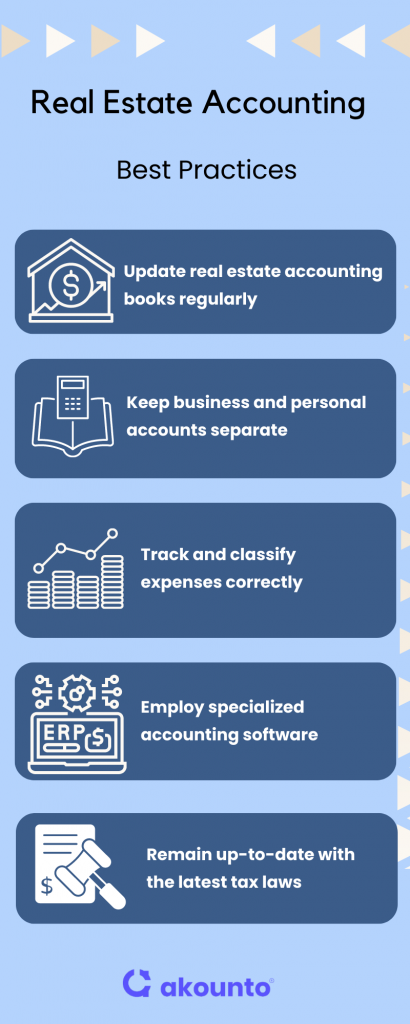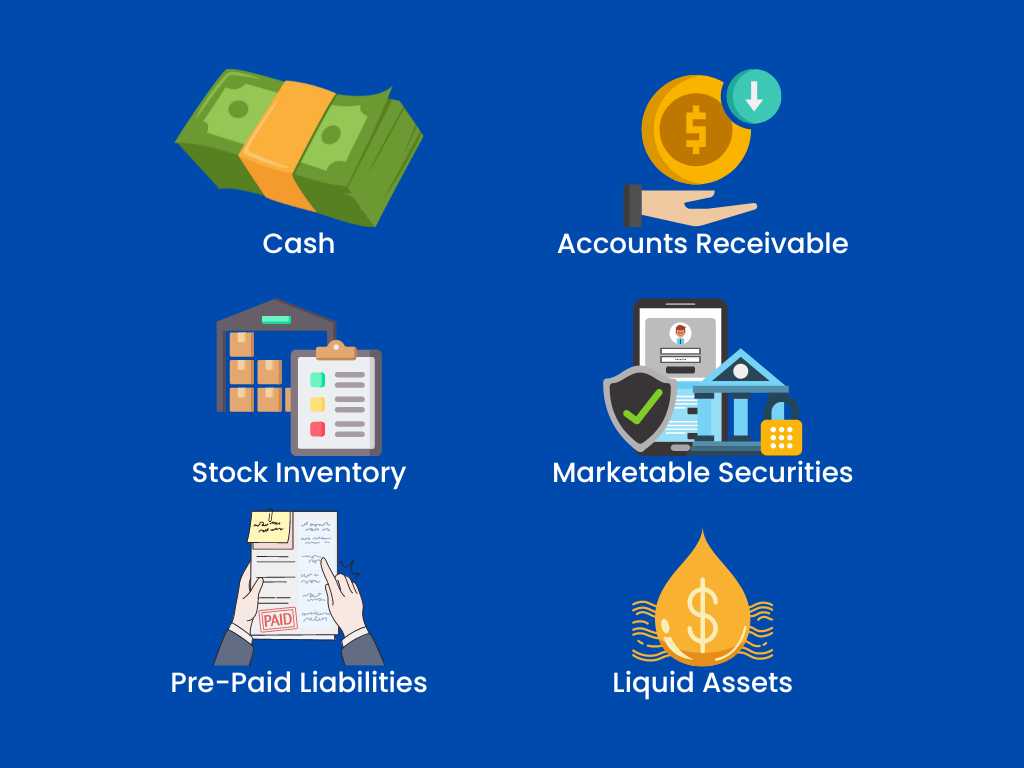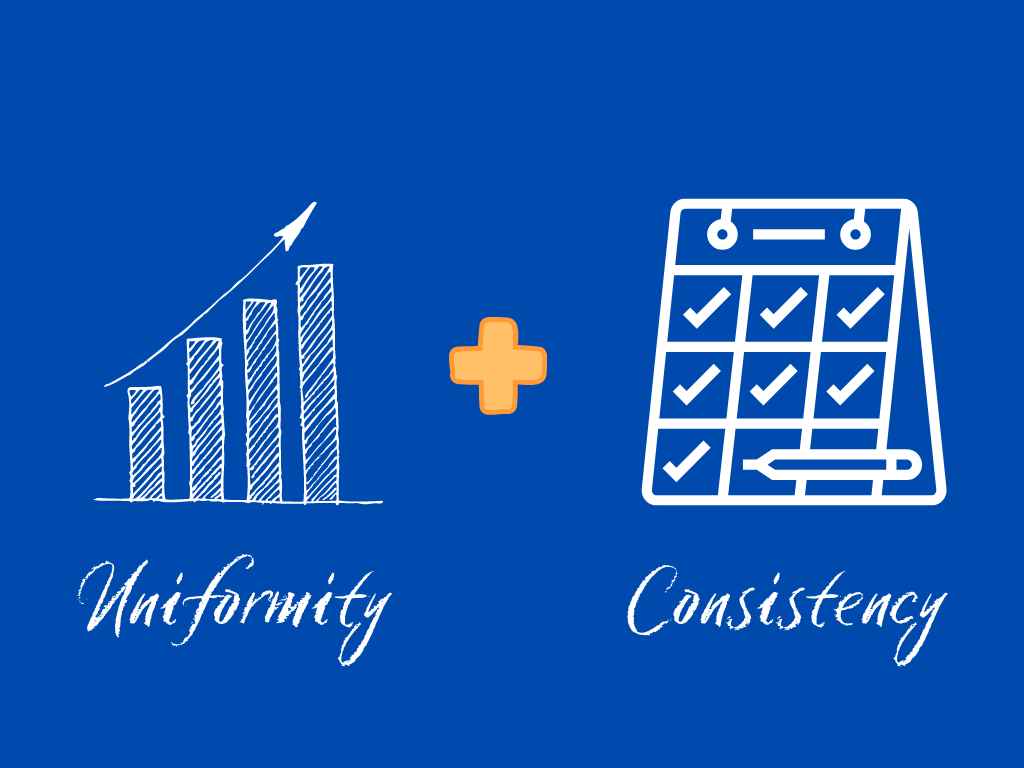Understanding Real Estate Accounting
Real estate accounting refers to financial reporting of real estate investments and operations that are undertaken by businesses in construction and real estate sector.
What’s covered in the article
The accounting method deals with potential revenue generated by property management and matters of taxation, such as property valuation, cash flow analysis of real estate properties, filing taxes and compliance with business regulations, and providing financial data to stakeholders.
Major sectors that need to incorporate real estate accounting include investment trust managers, real estate agencies, construction firms, and housing associations (HOAs).
A real estate accountant works closely with other professionals like property managers, brokers, and lawyers to ensure precise financial reporting and stream tax returns with relevant regulations.
Importance

Real estate accounting may appear to consist of complex and time-consuming financial and accounting tasks. But it can prove to be an essential tool for the success of real estate businesses in the following ways.
- Bookkeeping & Financial reporting: Real estate accounting provides accurate and timely financial records of real estate properties like property type, rent, mortgage payments, property taxes, insurance premiums, and maintenance and repair costs.The information can help investors, lenders, and other stakeholders to make informed decisions about their real estate investments, comply with financial regulations, and ensure the financial statements are precise and up-to-date.
- Investment analysis: Real estate accounting provides financial information, such as cash flow projections, return on investment (ROI), and net present value (NPV) analysis, that real estate companies and real estate investors can use to examine the viability and profitability of an investment.
- Tax compliance: It ensures compliance with local, state, and federal tax rules and regulations. This helps real estate investors avoid potential penalties and legal issues related to their investments.
- Asset management: Real estate accounting helps manage and track the performance of real estate assets, including rental income, expenses, and property value, allowing a real estate business to make prompt decisions for rental property management and maintenance.
- Budgeting & Future Planning: Real estate accounting helps in creating and maintaining a budget for rental properties, predicting income and expenses, tracking the cash flows, and helps prepare future plans.By tracking real estate income and expenses over time, a real estate business can determine how much money is available for future investments and risk management and identify the trends and patterns in the financial data for future business strategy and operations.
- Cost control: The accounting system helps to identify potential cost-cutting opportunities and implement cost-controlling measures. For example, negotiating better prices with suppliers and contractors.
Types
There are several types of real estate business accounting methods. These include the following;
- Property accounting: involves the management of financial transactions related to a specific rental property, including its rent collection, expenses, commissions and maintenance costs.
- Portfolio accounting: focuses on recording financial and business transactions related to a group of properties owned by individual property owners or real estate companies.
- Asset management accounting: involves management of the financial performance of real estate assets, including property valuation, budgeting, forecasting, and financial reporting.
- Tax accounting: is focused on ensuring tax compliance with tax rules and regulations related to real estate investments, like income tax, property tax, and capital gains tax.
- Regular business expenses: involves daily expenses incurred by real estate agents related to client handling and servicing. These may include travel expenses, operating expenses for regular upkeep of the office, marketing, utilities, maintenance, and commissions that may have to be paid to real estate agents acting as brokers.
- Financial reporting: deals with the preparation and analysis of financial statements related to real estate, such as income statements, balance sheets, and net cash flow reports.
- Audit accounting: involves reviewing and verifying financial tasks of real estate to ensure accuracy and compliance with relevant regulations.
Real Estate Accounting System Process
There are many benefits of adopting a real estate accounting system, such as easy monitoring of property performance, cash flow performance, expense control, tax audit, etc., that can improve your business and make you more successful.
Here are seven basic steps to set up a real estate accounting system.
Choose Accounting Method
In the real estate industry. Businesses can choose between cash or accrual accounting methods. The cash accounting method helps report income received and expenses paid in the tax year. The accrual method reports income earned in the tax year regardless of when the payment was received.
Small businesses generally use the cash method since it is straightforward, while larger companies use the accrual method to track their long-term finances by outlining their existing business deals and expected payments.
Separate Personal Accounts & Business Funds
Open a business checking account to ensure individual accounts are mixed with the business’s finances. Keeping your business funds separate makes it easier to review finances and ensure that the business income is not accidentally or otherwise spent for personal gains.
Create a Chart Of Accounts
These are useful in separating income from expenses. The company should include categories for equity, revenue, expenses, and assets for rental properties. Create an account for each category and list all the transactions. Sub-accounts like rental income and late fees for the revenue category can also be created for a better understanding of the amount breakdown.
Track All Income & Expenses
All income coming in and out of rental properties should be tracked and recorded when they occur under the correct category and account. It ensures all business finances are in the right place, and stakeholders can account for every dollar that comes and goes out of the business, what the transaction was for, and why it was made.
Reconcile Accounts
The step ensures the real estate accounting system shows the same money amount and transactions as the bank. Both the beginning and ending balances need to be the same. If the numbers do not match, it could be due to time delays, banking errors, or transaction gaps, or the business might have lost money somewhere.
Keep Documents Organized & Backed up
Loss of business documents means a wastage of money, productive time, and delays in the completion of the projects. So, all the documents must be organized, digitally backed up on cloud storage, or kept in a safe place if they are in a hard copy form. Some documents to keep safe and secure include the following;
- Property tax statements
- Tax returns
- HOA rules & regulations
- Credit card and bank statements
- Insurance information
- Receipts & Invoices
- Vendor contracts
- Mortgage documents
- Purchase & Lease agreements
The documents can thus be easily located and used as and when required.
Create Accurate Performance Reports
Performance reports are important for real estate as they ensure investors can see the properties and their portfolio performance. Accounting software can be used to record and show different performance reports, including income statements, cash, and capital expense reports. They can help track money and provide info on where to improve properties beyond basic repairs.
Accounting or Bookkeeping for Real Estate Business
Although accounting and bookkeeping are both important aspects of managing the finances of a real estate business, there are some key differences between the two.
| Basis of Comparison | Accounting | Bookkeeping |
| Purpose | Record and track financial transactions of the real estate business. | Analyzing and interpreting financial records for informed decision-making. |
| Scope | To record transactions related to a rental property. | Analyze and get a proper understanding of the financial health of the business. |
| Functions | Enables preparation of rent statements, reconciling accounts, tracking maintenance expenses, mortgage payments, and records for tax deductions. | Enables budget creation, identification of cost reduction areas, or increase profits, and provides advice on tax strategies to improve the business growth. |
| Tools & Software | Spreadsheets, accounting software, property management software. | Financial analysis software, bookkeeping software, budgeting software. |
Challenges
- Complex accounting standards: Real estate accounting can be complex because accounting standards and regulations are specific to the industry, making it challenging to accurately account for real estate transactions and assets.
- Valuation of real estate assets: can be difficult due to changes in market conditions, property repairs and improvements, and depreciation.
- Capital-intensive nature & inconsistent cash flows: Real estate investments require significant capital, making it challenging to manage cash flow and maintain financial stability as their rental income may be inconsistent due to property vacancy, economic fluctuations, seasonal variation in rental demand, maintenance and repairs, and lease renewals. So, it is difficult to accurately predict future cash flows and plan for future expenses.
- Limited liquidity: Real estate investments are less liquid in nature as compared to stocks and bonds. So, selling real estate assets quickly in response to changing market conditions or cash flow needs is difficult.
- Lack of transparency: The complexity of property ownership structures and the limited availability of information about market trends and property values make it a challenge to accurately assess the financial performance of real estate investments.
Best Practices

- Update real estate accounting books regularly. It can help spot errors, weed out low-quality clients who consistently pay late or are causing a financial strain, boost revenue by optimizing rental rates, identifying opportunities for cost savings, assessing potential risks, exploring additional income streams, and creating budgets for future growth.This requires regular updating and maintenance of accounts, ledgers, and balance sheets, profit, and loss statements. It can be done either in-house or outsourced to qualified real estate accountants.
- Keep business and personal accounts separate. Setting up a separate bank account makes it easy to track business transactions leading to accurate and up-to-date bookkeeping and easy filing of tax returns. Using a business account for buying and selling process also helps increase client trustworthiness.These benefits can be availed by opening separate business bank accounts, credit cards, and other financial accounts for the business.
- Track and classify expenses correctly. It is important to understand all expenses incurred by an agency, be it hard or soft costs.Hard costs are expenses directly associated with a property’s construction or development. They cover the material and labor expenses involved in constructing a property. Soft costs (or intangible costs) are expenses indirectly associated with the construction. These include services such as planning, permission, inspection, and legal fees.Having a proper understanding crucial for accurate financial reporting and tax compliance. It makes it easier to analyze if there is enough cash to cover the expenses and chart future growth patterns.
- Employ specialized accounting software. Using cloud-based accounting software to manage real estate accounting provides several advantages. All transactions are recorded and accounted for via a secure gateway which prevents critical business data from being compromised. Cloud-based storage system helps save company costs of servers and other equipment. Cloud technology allows multiple users to access information at the click of a button. Users can print receipts and invoices on the go, increasing their efficiency, internal collaboration, and productivity. Small businesses should look for software designed specifically for the real estate industry with features that suit their unique accounting needs.
- Remain up-to-date with the latest tax laws. Tax laws related to the real estate sector are complex and are subject to changes due to legislative updates, economic considerations, policy shifts, and more. So, staying up-to-date with them helps to ensure compliance and avoid penalties. Visiting a local certified public accountant can provide information on how a country, city, or state regulates and complies with its real estate income and advise on reducing tax liabilities and availing tax benefits. All real estate accounting standards in the US are set by the Financial Accounting Standards Board (FASB) and are accessible on the organization’s website.
Final Thoughts
Real estate accounting requires a deep understanding of the unique financial and regulatory challenges that impact the real estate industry. It may appear challenging due to complex accounting standards, inconsistent cash flows, and the capital-intensive nature of real estate investments.
By remaining up-to-date with industry trends and developments, real estate businesses can effectively manage their financial performance, make informed investment decisions and achieve long-term success in the industry. Visit Akounto’s blog to learn more about finance and accounting.











